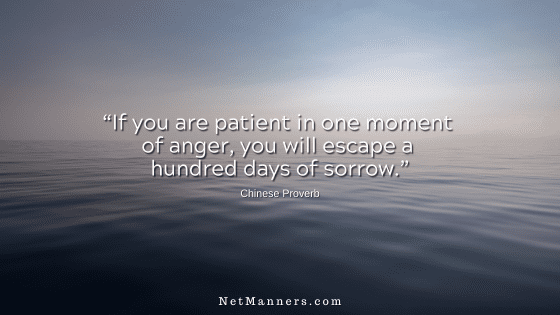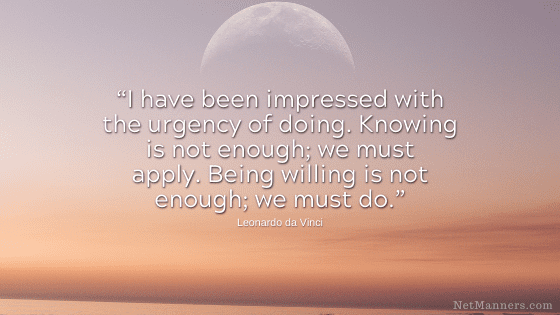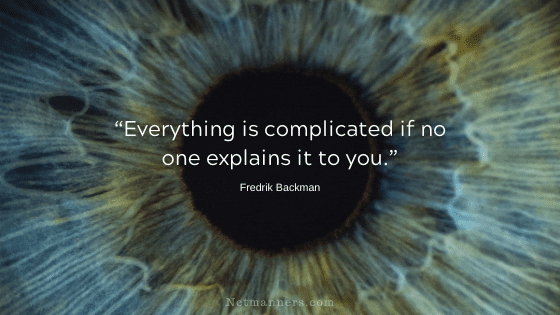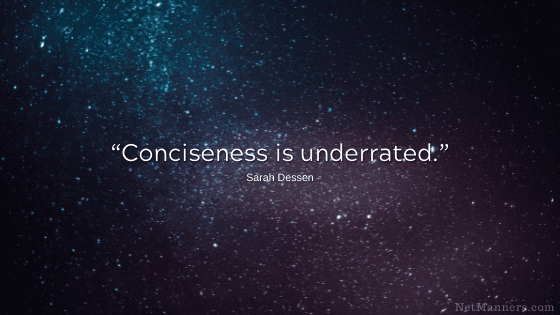How to Handle Always Being the Email Initiator
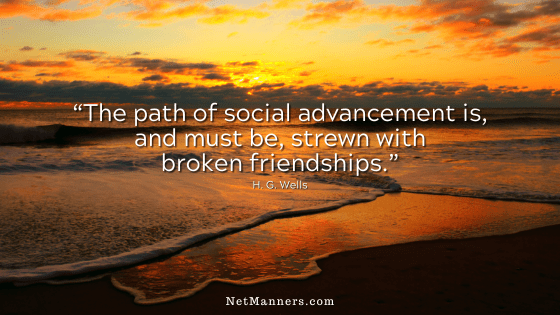
Do you have acquaintances with whom you always initiate contact? Are there certain people with whom you only get an email when they respond to your emails? Should you always continue to be the one to make the first move?
Hey! It’s me — again!
I can understand how frustrating that must be. It makes you wonder if they care if you contact them. Otherwise, wouldn’t they at least contact you every once in a while? If only to see if all is well.
In most cases, it is just that the other person is busy. No one would argue that we live in a very selfish culture. But we always make time for those we care about, right?
It could be that taking the first step is appreciated as it allows them to communicate with you. If they respond promptly and enthusiastically, that would indicate they are pleased you emailed them. You have to decide if that is the type of one-way friendship you want to continue to nurture.
How They Respond — If at All
When the other side responds in kind with details, is chatty, and seems to enjoy your email, why not continue? However, when no response arrives or if the replies are terse or abrupt, that is a different story.
We are all busy and must choose how we spend our time. That requires you to consider what is convenient for you and how a courteous communicator behaves. Not responding promptly and in a tone reflecting that one cares speaks for itself.
If someone doesn’t reply promptly and in a way you recognize as pleasant and open to conversation, maybe it is time to wait until they contact you. It’s called taking a hint.
Sometimes, Once in a While is Enough
Several folks from my past will email me on occasion. I don’t mind replying to them and doing so in a way that lets them know that.
I never email them first, primarily because they are not an active part of my life. In most cases, I am cordial and polite even if I am not interested in reinstating a close relationship. I have a hard time completely ignoring folks who reach out. It’s just not who I am.
I rarely entirely ignore someone who emails me. In those uncommon situations where I do not respond, we have no relationship or anything in common to continue communicating. In that case, what is the point? Both sides need to be realistic in that regard.
Based on the replies (or lack thereof), I think you know in your gut if the other side wants to continue to hear from you. And, if they don’t – who cares – that is their loss! Spend your time communicating and forming relationships with those who appreciate and are open to your efforts.
Are You Always the Email Initiator?
Being the one to initiate emails can be frustrating and might make you feel like you’re doing more than your share to maintain communication. Here are some strategies to consider.
Employing these strategies can help you manage the feeling of always being the initiator in a more balanced and less stressful way.


